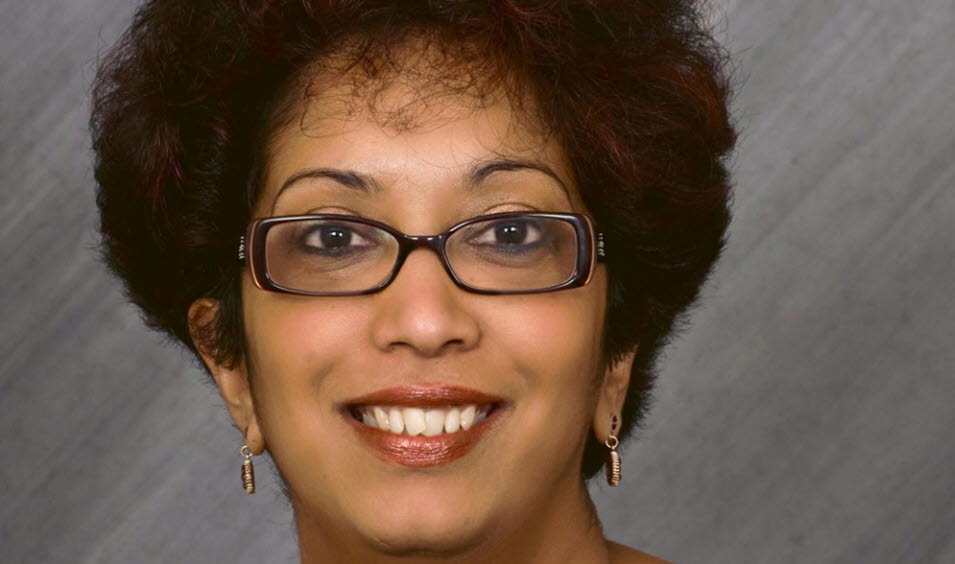"When natural and man made disasters meet…"
The 2004 Indian Ocean Tsunami is the most devastating natural disaster to strike Sri Lanka throughout its recorded history. The scale of the damage in human and physical terms has been well documented. Given its sheer scale, the effort required to manage its aftermath in terms of relief, recovery, reconstruction, resettlement and rehabilitation has been unprecedented. The state and non-state agencies, both national and international, made an immense contribution to restore communities in the affected regions.
As is evident, their experiences have varied widely, mediated by a whole range of circumstances, both personal and structural. So, what one observes in different communities across and within the regions of Sri Lanka is considerable diversity in terms of the nature and extent of recovery. This is true with respect to Sri Lanka’s Northern and Eastern Provinces, which had been affected by war for several decades before the tsunami. The tsunami, as it changed the landscape with its brute force, also affected the landscape of the conflict. Responses to such a massive human disaster had been fundamentally intertwined with some core issues of the ethnic conflict.
The provinces of the North and the East, having experienced years of conflict, were undergoing “another layer of destruction” following the tsunami. The first six months after the tsunami hit the shores of Sri Lanka were marked as a time of great potential for the country. At the beginning, it did appear that the tsunami had created some measure of good and seemed to create a “conflict dampening effect”. Sri Lanka had the “option to overcome the grievances” and to use the tsunami as a symbol to rally for a national unity for peace. During tsunami reconstruction efforts, the ethnic conflict created a sensitive climate in which international aid donors needed to tread carefully. A fleeting opportunity, however, by many accounts was not seized upon. Tsunami reconstruction quickly became a “lightening rod for wider tensions and grievances”.
This key note will consider some of the factors that have contributed to the observed diversity in outcomes during the recovery in Sri Lanka. It will also consider whether some of the glaring inequities that have emerged and persist in the case of the Indian Ocean Tsunami in Sri Lanka, can be avoided in future, similar situations elsewhere.
Dilanthi Amaratunga is a Professor of Disaster Risk Management at the University of Huddersfield, UK. She is a leading expert in disaster resilience with an international reputation. She current leads the Global Disaster Resilience Centre, a global leader in interdisciplinary research, education and advocacy to improve the resilience of nations and communities at the University of Huddersfield, UK.
Her research interests include disasters and the built environment; capacity building; socio-economic measures for disaster risks; gender and protection; Preparedness for response, recovery and reconstruction, conflict affected societies; Risk management and sustainability; and Public policy, governance and procurement.
Her research leadership in disaster management has been recognized in the international research community by appointing her as the Editor-in-chief of the International Journal of Disaster Resilience in the Built Environment. She also led the Editorial Team of the Global Assessment Report 2015 key papers published by the United Nations International Strategy for Disaster Risk Reduction. She has project managed to successful completion several research projects generating significant research outputs including CASCADE, with 17 international partners. To date, she has produced over two hundred publications, refereed papers and reports, and has made over 50 key note speeches in around 30 countries, over 80 invited speeches and keynotes for international audiences.
Full details of Dilanthi’s publications, projects, and national and international activities can be found at www.dilanthiamaratunga.net. Dilanthi can be contacted via d.amaratunga@hud.ac.uk
Presentationen hålls på engelska.

